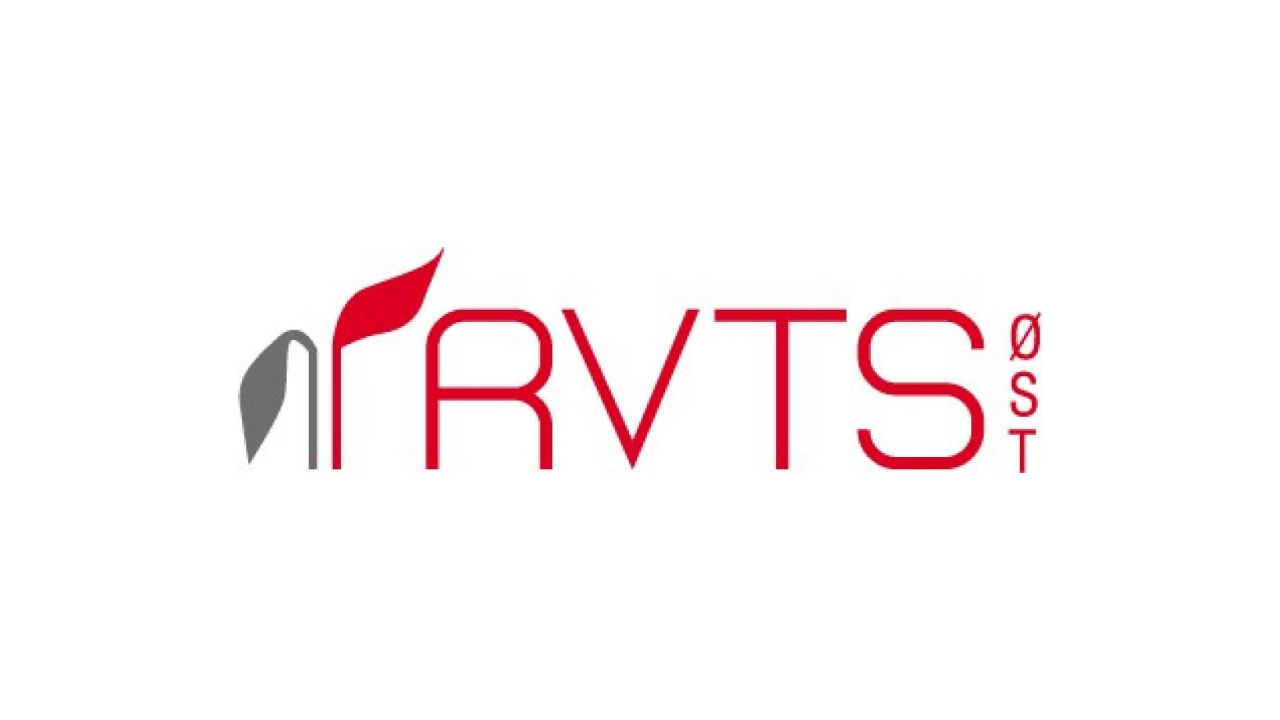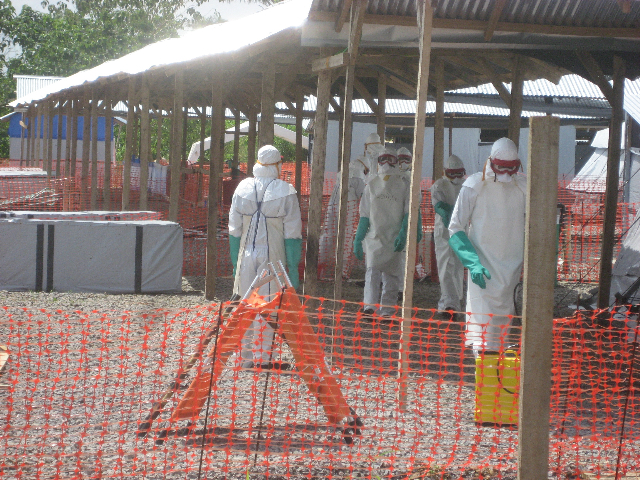
* response and recovery .., developed by RVTS East (Norway).
These are practical and useful tools, aimed at providing specific knowledge for volunteers and humanitarian personnel, working in disaster zones.
49 refugees were found dead on a fishing vessel off the coast of Libya. Arnhild is in charge of processing the bodies on board the Siem Pilot. She works hard, until it all stops.
"I entered a state of apathy. I was informed, that the work is complete. But they still didn't let me lie down, we had to look each other in the eye and say something...".
Training and support help employees, working in disaster zones, feel the importance of their work, not helplessness.
Preparation for deployment of the operation
Well-trained personnel are able to withstand more. Knowledge, training and a rehearsed sequence of actions gives confidence before a mission. Psychological preparation ensures stability at the moment of encountering traumatic experiences. Knowledge of physical and psychological reactions facilitates the process of managing them.
“Employees, which do best, are those, who succeeds
balance between self-care and the desire to help others”.
Silja Nordal, master of psychosocial sciences
Self-training
Staff have their own individual resources and risk factors, which are activated in critical situations. It is important for personnel as part of a disaster response team to know themselves and their team. The most experienced workers are responsible for their own health.
Individual risk and protective factors
Individual factors, such as temperament, habits, relationships and life circumstances, can become strengths, as well as problems during the deployment of the operation.
Preparation and training
Organizations, which direct personnel into potentially dangerous and violent situations, are primarily responsible for the prevention and elimination of traumatic stress. Education and training are protective factors.
Organizational factors of risk and protection
The organization is responsible for reducing stress factors. A clearly defined structure and clarity in an organization can reduce staff stress, who works in disaster areas.
Deployment of the operation
Humanitarian work requires effort and can involve dangerous situations and dramatic events. However, staff also emphasize positive experiences, such as the importance of changing the situation for the better, a sense of significance and increased self-confidence during the mission. For some, life changes for the better.
“You will never forget people's voices, who think, that die.
But you will also never forget the voices of the people, who understand, that are saved”.
Lindis Hurum, Médecins Sans Frontières/ "Doctors without borders"
It is important to have realistic expectations of yourself.

Stress – part of the work
Personnel are exposed to stressful situations when working in disaster areas. Critical cases, dramatic losses and ethical dilemmas can lead to chronic stress. However, these stress reactions can be prevented and / or reduce them, taking measures to calm the mind and body.
Five principles of trauma-focused intervention
According to studies of trauma-focused intervention, five principles of protection of psychosocial well-being are distinguished: a sense of security, promoting sedation, a sense of personal and social effectiveness, unity and a sense of hope. These principles can be used before deploying an operation to strengthen skills, necessary to combat stress.
Flexibility when faced with the unknown
In disaster zones, personnel face unexpected situations. It is impossible to be ready for everything, what can happen. Therefore, the staff needs to be flexible and able to adapt to new situations, leaders, colleagues and tasks.
Feeling meaningful after a disaster
Focusing on risks and stress responses can negate that fact, that staff also feel joy and meaning. Some believe, that their lives have changed for the better after working in disaster zones.
Coming back home
Returning home after surgery in disaster areas can be a challenge. The transition from strong experiences and being under a high level of stress at work to everyday life is significant. Impressions and images from the disaster zone need processing.
“Coming home is really hard. It's like a vacuum - suddenly I found myself at home.
What am I doing here?? I don't know, what to eat for dinner or how to cook.
Every day I managed to return to my usual life better -
I reacquainted myself with my own kitchen”.
Ann Christine Jensen, Red Cross
Photo: Nils-Erik Bjørholt / NTB scanpix
After the operation is deployed
Problems with sleep and health, difficulties in relationships, irritability, sadness and anxiety – these are common reactions. Most of them will recover on their own, but some will take longer. Wrinkle: be patient with yourself and your own reactions.
Tips for returning home
After returning home, it is important to start doing everyday things. Frameworks and structure increase feelings of security. Talk about your experience, but don't let dramatic incidents take up too much space in your story. Do pleasant things, it will help distract from thoughts.
Organization of support and follow-up
International studies show, that although organizations provide good psychosocial support to their staff before deployment operations, support during implementation is not always provided and is insufficient after returning home. Further support is needed for that, to cope with the return to everyday life.
Equal support
Humanitarian organizations need specialized peer support programs for their staff. Such support is realized then, when colleagues support each other in a state of crisis or stress.
What should you pay attention to?
It is impossible to control everything, what happens in the disaster zone. Sometimes things turn out worse, than expected, while sometimes in the midst of hopelessness you can find positive emotions. You can meet people at their worst and at their best. An unknown power and ability may be revealed, that will make the unmanageable manageable. Humanitarian work is full of such paradoxes.
“Refugees are screaming on board; some wave their hands, and others just look at me indifferently. Meanwhile, I'm smiling. Merciless fear cannot turn into panic; that's why I smile - like never before. The smile should reach my eyes. My whole face should radiate hope and confidence”.
Lindis Hurum, Doctors without borders (quote from KK)
Exaggerated expectations of yourself- it's a dilemma
In a disaster, needs exceed aid resources. At the time, how your contribution can mean someone's life, you can't help everyone. And you cannot change it – but can you handle this feeling of imperfection?
Stress and growth – two sides of the same story
There is such a saying: "They, that doesn't kill you, makes you stronger". This gives an idea, that crises lead to stagnation, or to growth. Therefore, normal stress reactions can be perceived as decline or defeat. Stress and personal growth are not mutually exclusive – rather the opposite.
Family and friends- protective factors
Good friends and strong family ties act as protective factors against stress reactions and exhaustion. Close people help you to be stable and strong, giving you that, what is worth living for, when everything around does not make sense. But what is it worth to them?
Feeling guilty about taking care of yourself?
Is it selfish to feel happiness while working in a disaster zone?? Is it selfish to take care of yourself?, when others suffer? Is it okay to have a sense of humor?, hopes and tears? Humanitarian work gives rise to many discussions about values, ethics and mental health.











